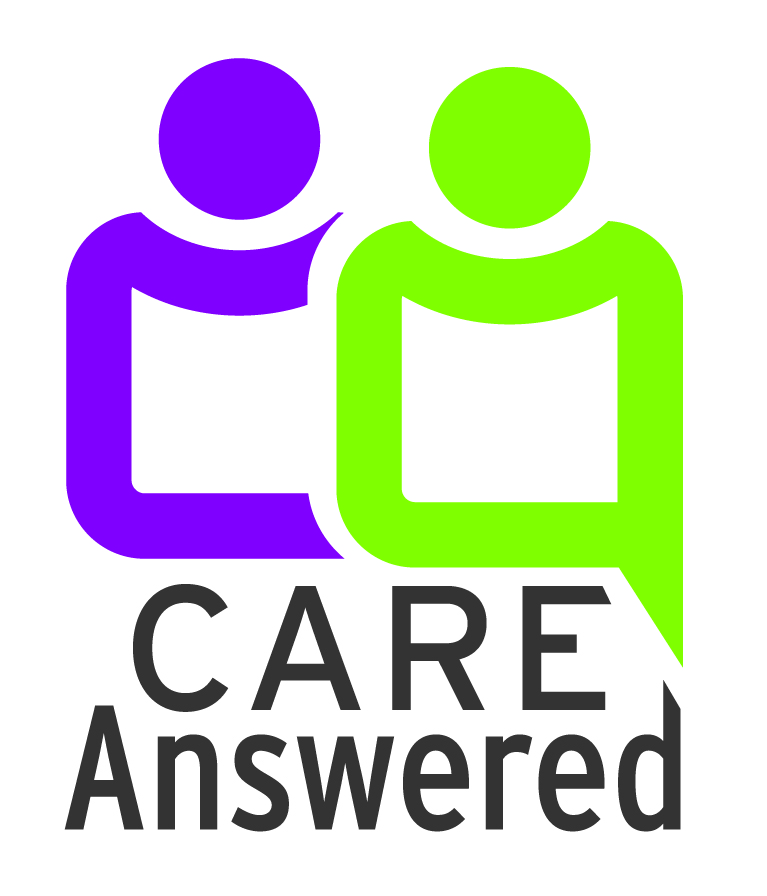
You are in the hospital! Now what?
You find yourself or your loved one in the hospital. It’s emotional and overwhelming. So what is the first thing you do?
First, make sure that you have a written record including your current diagnosis, any medications/supplements you take (including name, specific dosage, when you take it, how long you have been taking it).
Next, make sure that you are asking the right questions. These include:
- What tests are being given?
- What can these tests tell you/me?
- What medications are being given now?
- What are these medications for specifically?
- Have any pre-hospitalization medications been discontinued?
- Am I being officially admitted into the hospital?
- What is my diagnosis?
- Will you contact my primary care physician?
Immediately upon admission to the hospital, you and your caregivers should begin planning for your discharge.
Your safe and healthy discharge should be on your care team’s minds the moment you’re admitted. You don’t want any surprises. You should have input and understanding of your health goals. Yes, you want to get the heck out of the hospital! Make sure you are on track to leave and understand all of the steps required for you to make a full recovery.
MOST IMPORTANTLY, CONSIDER A PATIENT ADVOCATE
An advocate can help you in a variety of ways…
- Help you understand complicated medical jargon
- Help you make sense of your insurance coverage and your financial responsibility
- Help you navigate the medical maze – diagnostic testing, treatment options
- Help you transition to the next level of care – long or short-term rehabilitation, skilled nursing facility, home care
- Act as your advocate, looking out for you and your best interests
There is so much more to do and know but this is to get you started and thinking. A professional healthcare coordinator and advocate can ensure that you cover all the bases.

